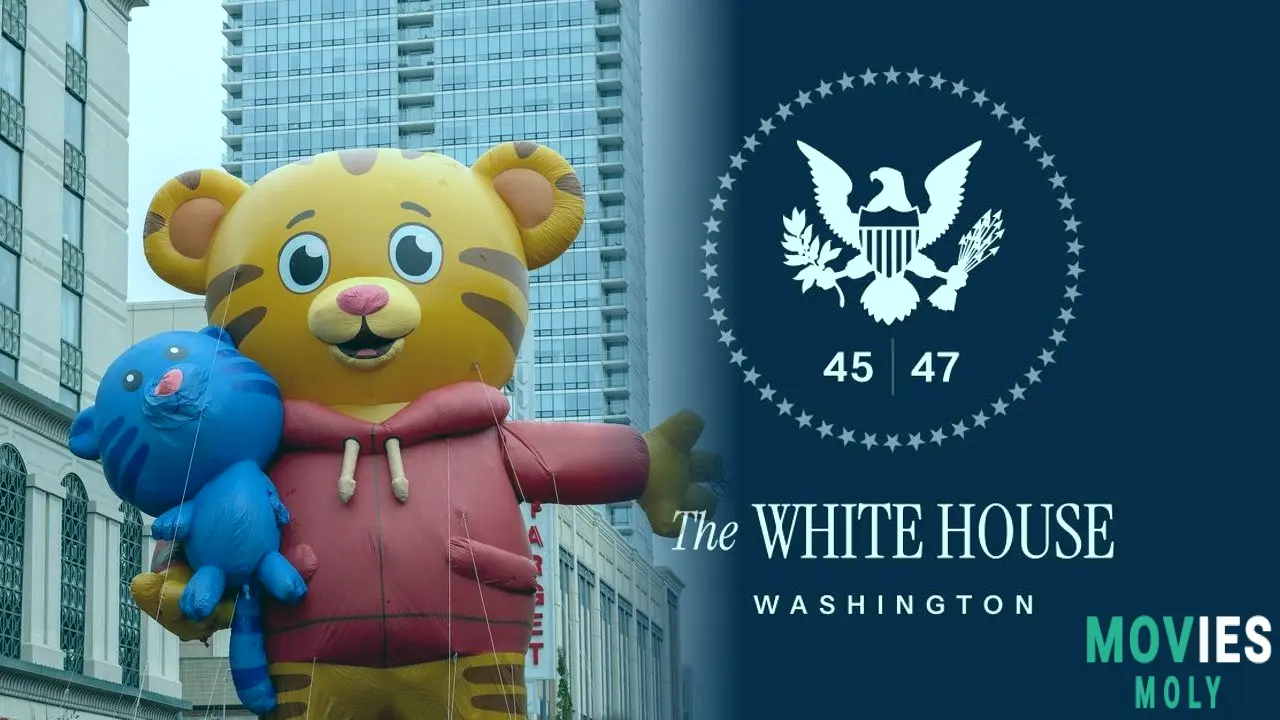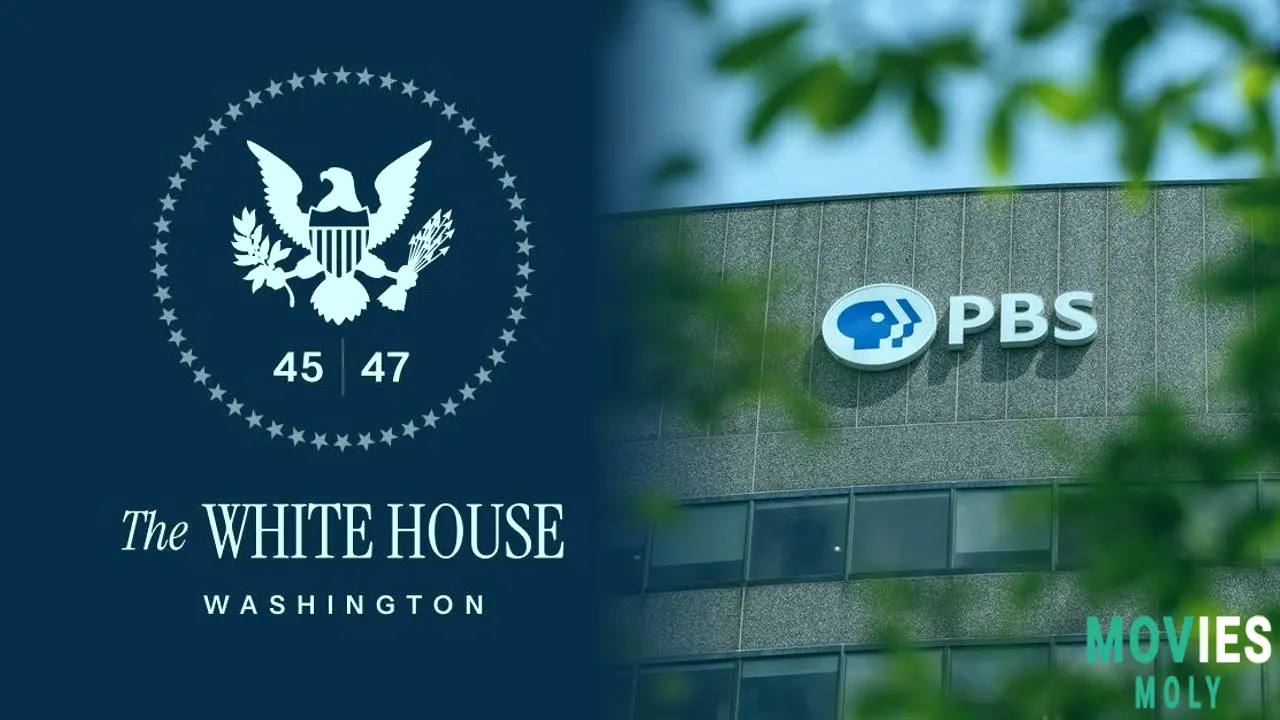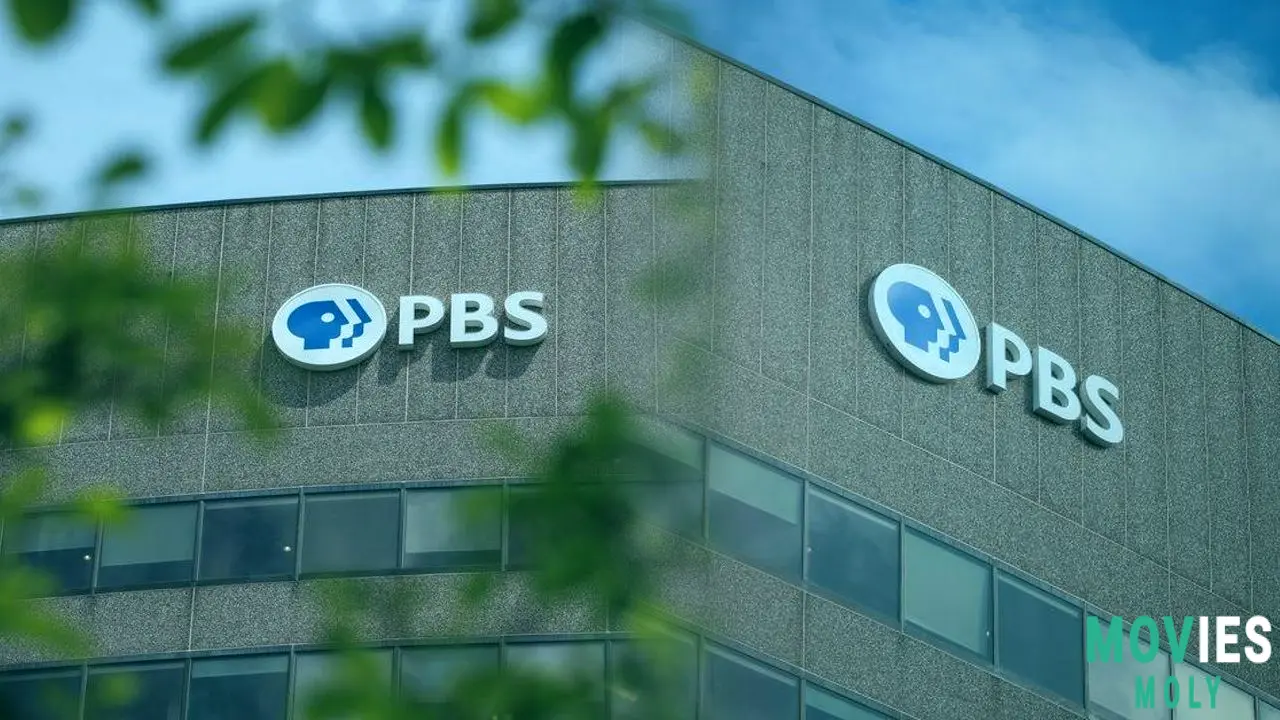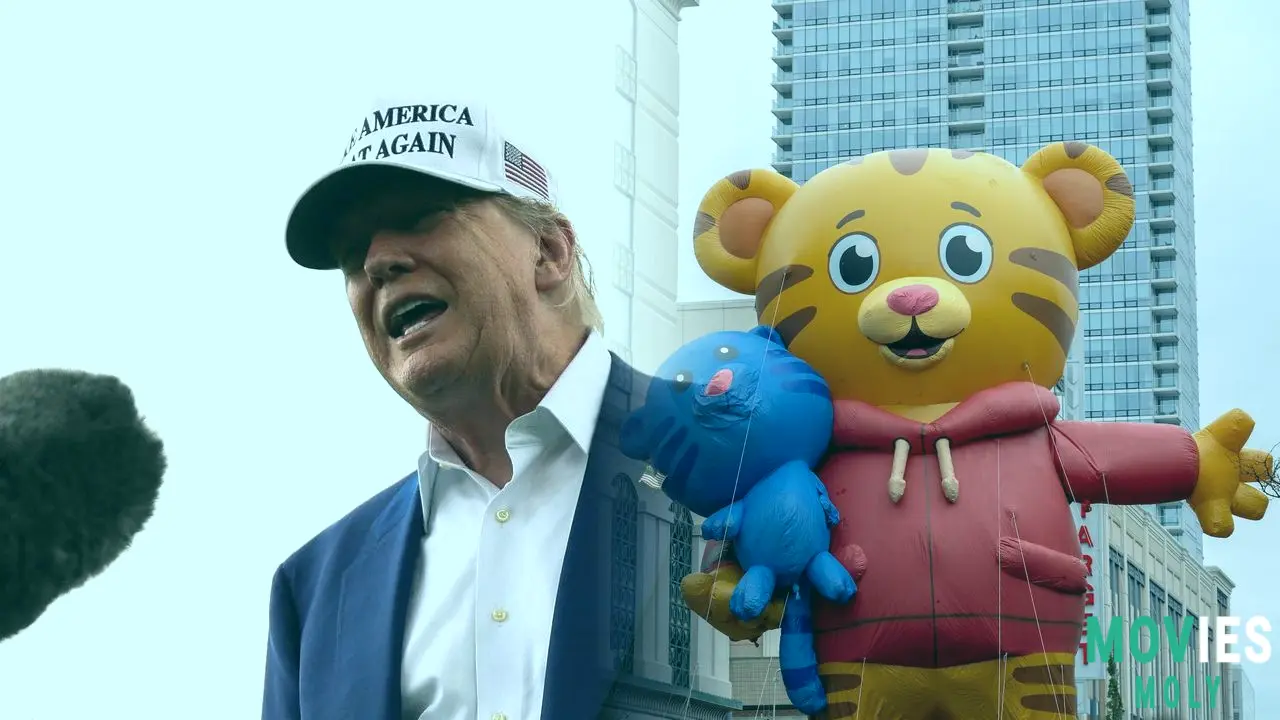You probably grew up watching PBS if you're like me. It could have been Sesame Street or Ken Burns' serious documentaries. For a lot of us, public broadcasting is like a friend who is always there for us. But that friend is always in danger. There is a tremendous effort right now to eliminate federal funding for public media. The present administration says these news sources are "biased."
The House of Representatives just voted to cut off federal funding for public media for the next two years. This decision definitely moves the agenda to punish news sources who don't agree with the administration. This isn't the first time the public media has had to deal with cuts like this. Since Richard Nixon, every Republican president has said that the Corporation for Public Broadcasting should get less money or no money at all. This autonomous, non-profit group gives money from the federal government to public media. But Trump has been the most outspoken about his dislike of the media. He has attacked the journalists on social media thousands of times. It's evident that he doesn't like some news groups very much.
I don't think that federal money for something as crucial as public media should be taken away just because someone doesn't like it. There are problems with public media, and all news run by people might be biased, but these channels do their best to be fair. Npr says it tries to do this with every article. Natalie Pillsbury, the CEO and president of PBS Western Reserve, said that public broadcasting helps people learn both inside and outside of school. It offers both programs and learning opportunities in person. This is especially true for kids who might not have any other option to acquire preschool education. It also helps with emergency alerts like AMBER Alerts that go out to different parts of the country.
Why This Time Feels Different About The Threat To Public Broadcasting FundingLooking at the history of attacks and how they compare to today's efforts to cut costs
Richard Nixon and Ronald Reagan, two former presidents, also tried to halt taxpayer money from going to PBS and NPR. But Congress always blocked them. This time, it feels different. The present government offered Congress a list of spending cuts. This bill was passed by the House of Representatives. This vote was really close. Four Republicans voted with Democrats against the bill. But since it moved forward, the Senate now has five weeks to agree to these cuts. The money that was previously set aside will stay if the Senate doesn't act on the plan.
The vote on Thursday pushed NPR and PBS closer than ever to losing all of their federal money. This measure is a bad scenario for public media executives. But for those who want to see public media lose its financing, this is a success after a long fight. For decades, advocacy groups have been against NPR and PBS. They say that government money isn't fair and isn't needed. The fundamental issue they make is that public broadcasting is overly liberal. They say it doesn't indicate what most people think. But the heads of NPR and PBS say this isn't true. Katherine Maher, the CEO of NPR, remarked that public media is for everyone. She said that in these divided times, it is a very vital role. She also said it's impossible to find common ground because "people don't agree on what the middle is now."
Some political groups now believe that PBS and NPR propagate "radical propaganda." Trump has urged his staff to take control of the media. This has resulted in multiple lawsuits. The bill wants to take all of the Corporation for Public Broadcasting's government money. This group delivers money from taxpayers to radio and TV stations all around the country. If the bill passes the Senate, it will be a big win for people who have desired this for a long time.
The Deep Roots of Public Media in American Society and What It Does for Us

How public broadcasting has changed education and emergency services over the years
For virtually as long as public broadcasting has been there, Republicans have fought to take the "public" out of it. For instance, Nixon's administration didn't like public TV very much. This was obvious multiple times in the early 1970s. Nixon said no to bills addressing the system's money. But even his arguments for the vetoes acknowledged that there should be public broadcasting and that it needed to be better. George W. Bush and Reagan also said that the system should get less money. They tried to stop it from growing. But Congress constantly fought against these plans. Some Republicans even really believed in what public media was trying to do. People often brought up shows like Sesame Street to help keep public media's money safe.
Some groups think those arguments are no longer valid. But Trump has shifted the conversation by trying to reduce the company's whole budget. During his first administration, people didn't listen to his proposals about cutting NPR and PBS's budgets. But this year's plan is labeled a "DOGE" cut. This is about the Department of Government Efficiency. This moniker makes it more likely that politicians will support the bill. Republicans put aside the $1.1 billion that is being targeted for the next two years in a big budget bill that Trump signed earlier this year.
People who work for public media often say that news and current events broadcasts are only a minor part of what they air. Some people, on the other hand, say that public money is no longer essential. They talk about how the media has changed a lot in the last several years. They claim that people should be able to give money to NPR and PBS if they are so fantastic. They also think that those who work hard shouldn't have to pay for things they don't enjoy. Many people like shows like Daniel Tiger's Neighborhood and Antiques Roadshow. These fans have been told to get in touch with Congress to protect the money that is at danger.
The Important Role of Caregiving in America and How PBS Shows the Fight

A new documentary brings to light a problem that many American families face but don't talk about.
It might be hard for folks who are new to family caregiving to learn that there aren't many resources or help available. A lot of people who are taking care of a sick or elderly family member are surprised to find out that Medicare doesn't pay for nursing home care or aid with care at home. This includes things like cleaning, driving, and helping with meals and getting dressed. Many families do these things. Private health insurance also doesn't pay. Compared to other prosperous countries, the US spends a lot less public money on long-term care. Even though there are millions of caregivers, they frequently feel alone.
Caregiving is a new PBS documentary that is now available to watch online and will air on June 24. It examines how something transpired and aids in comprehending the reasons behind it. It displays real-life stories of families taking care of their loved ones right now. It also tells the narrative of the last hundred years through the eyes of caring. Chris Durrance, the director, calls this "a care history of America." He noted that people in the country had been arguing over how to care for a long time. In the last hundred years, there have been many large efforts to set up public care systems around the country. There have also been moments when caregiving was thought to be a completely private concern.
In the early 1900s, many crippled and elderly people who required support ended up in almshouses. These were areas where people could go when they had no other choice. During the Great Depression, these homes were too full. In response, President Franklin Roosevelt and his team built the first real safety net for the country. They urged people to stay home. The movie shows Frances Perkins, who was Roosevelt's Secretary of Labor. She was a big part of making the Social Security Act of 1935. That initiative aided blind people, children, and unemployed people by giving them money. But domestic workers, like caregivers, couldn't get these perks. People thought this position was less important from the start, not really a job.
In the 1960s, the rules that set up Medicare on purpose did not cover long-term care provided by family members or in nursing homes. This was because people didn't think of this service as medical. But even back then, politicians were anxious that paying for long-term care would run out of money for Medicare. Medicaid, a program for those with low incomes, was supposed to pay for long-term care. And it did. This made nursing homes very popular by accident. After the bill passed in 1965, the government paid nursing facilities 600% more money over the next two years. In the 1970s, policies about development and staffing that were stricter suited big institutions. These were places like hospitals and the first chains of nursing homes. This made what could have been like living in the community feel like living in the hospital. In 1988, just a small part of Medicaid's money for long-term care went to pay for home care.
What comes next for public broadcasting and the fight to keep it alive?

How Supporters Can Help Keep PBS and NPR Stations Safe in the Future
That's pretty much how things are right now. Most long-term stays in nursing facilities are paid for by Medicaid. People who don't qualify for Medicaid don't get much help. The movie also looks at the 1996 welfare reform laws from the point of view of care. It also talks about the concerns with the ACA. That law actually contained a proposal for a nationwide program to help people pay for long-term care insurance. But it was taken out of the store right away because it cost too much.
The movie also shows us the activists who are trying to change how people feel about these things. They want to make new rules for taking care of people. People are talking about care more, it seems. In the Build Back Better Act, President Joe Biden first promised greater money and programs for caregivers. But in the end, those steps were taken out. Both presidential contenders in 2024 said they would provide family caregivers a tax break. A plan in the House right now would provide people a $5,000 federal tax credit every year. Durrance added that when they told people about the documentary, they got a lot of letters and notes. People wanted to tell their stories and implore the filmmakers to do something. He said he's never been through anything like that before. It was a narrative that needed to be shared.
The cuts might not have a large effect on big stations like NPR and PBS if the Senate passes them. But smaller stations, especially those in rural areas, would be hit the hardest. The federal government gives some stations a lot of money. This includes NPR stations that are part of associations like the African-American Public Radio Consortium. Everyone should have fair access to the media. Taxpayers will only have to pay roughly $1.60 a year for this. There are places you may go to to find out how to get in touch with your senators. You can tell them not to cut the funds. One CEO argued, "The public should own public media." We shouldn't let politics get in the way of this simple truth.




